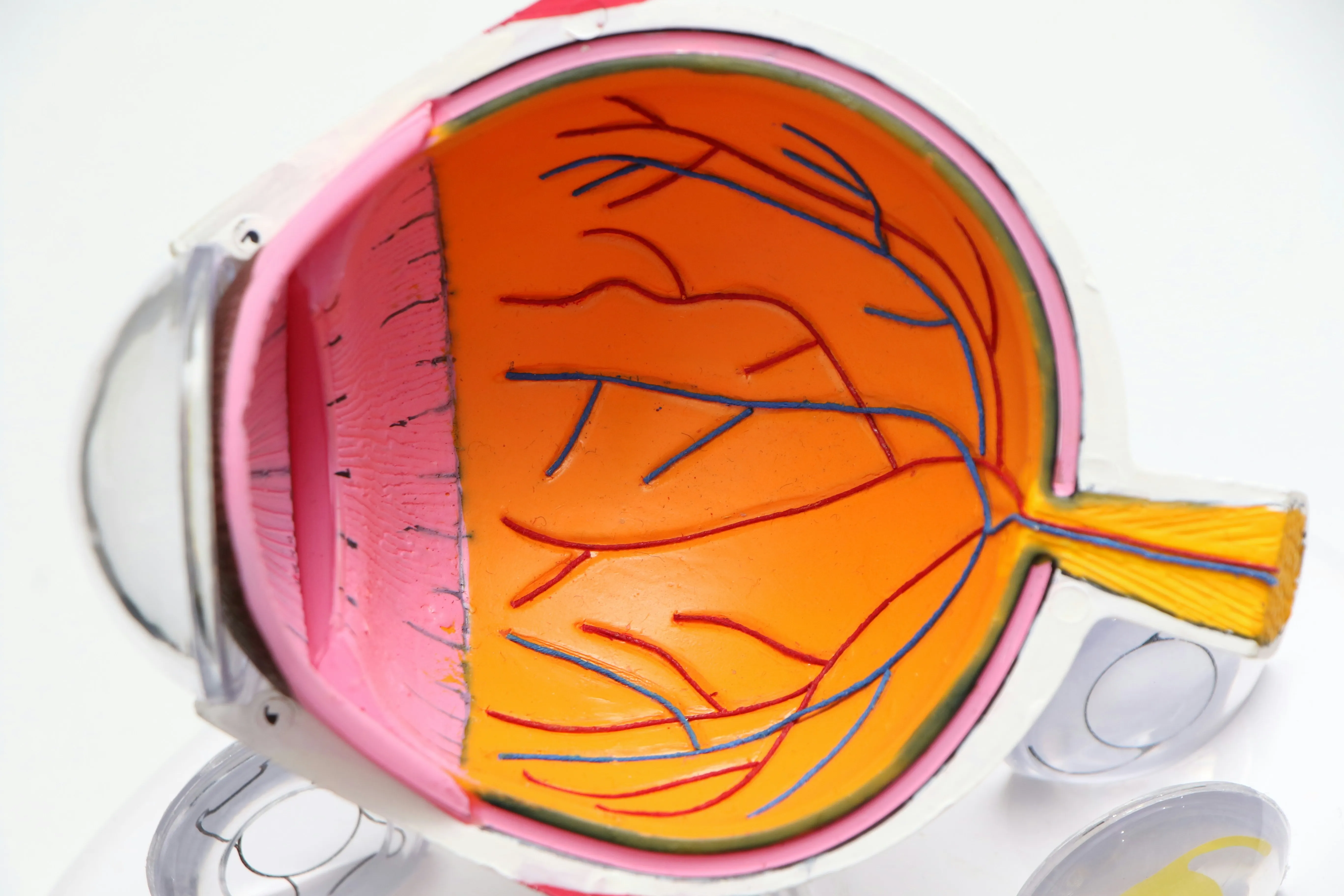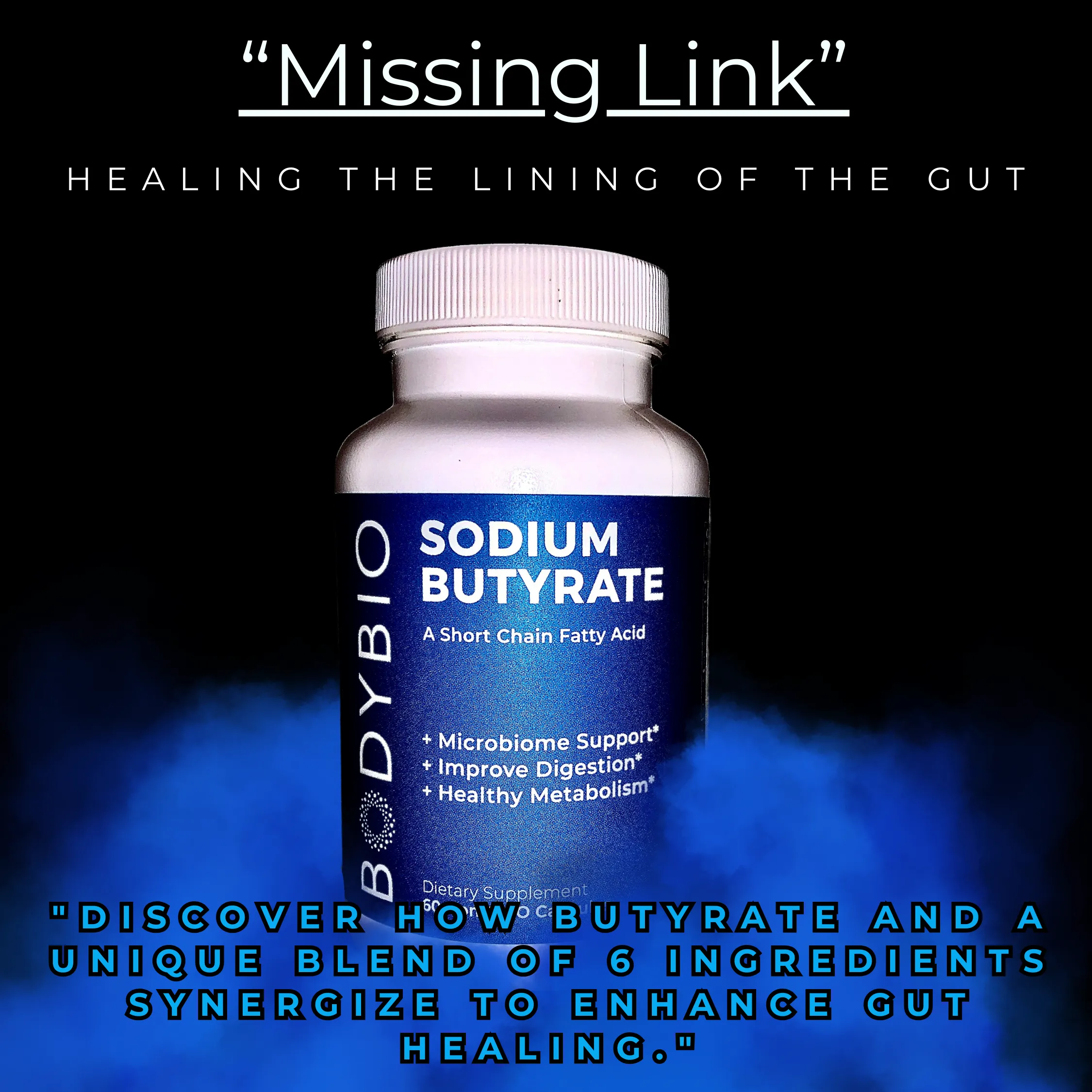2 Generations Ago, People Ate Animal Organs
above video explains issues with the gut and how those issues can rob you of your "Happiness and your Joy". Author Goldwiz talks about his gut issues and how he found 4 herbs, 2 minerals/vitamins and an enzyme. When taken together creates a healing cocktail of some kind. Take them until the bottles are gone. A lot of you will share the same outcomes as GoldWiz did, which was having his issues dissolve.
Animal Organs, Why Did So Many Eat These Types of Foods 2 Generations Ago?
Two generations ago, it was common for families to eat organ meats, like liver and chicken gizzards. But nowadays, people prefer popular cuts of meat and more plant-based foods, so organ meats are now seen as unusual.
This drop in popularity for organ meats has come at a time when gut health is also declining. About 70 million Americans have gastrointestinal (GI) diseases, and 40 percent of people in the U.S. are affected by gut problems, according to the American Gastroenterological Association. Organ meats contain important nutrients that can help our GI health. For instance, liver has more nutrients than almost any other food, according to some resources.
Eating organ meat could be an easier way to improve gut health compared to the common advice to avoid certain foods. The right diet can help the gut recover from issues caused by antibiotics, stress, exercise, and genetics.
Everything we eat, including drinks, medications, and supplements, affects the gut microbiota. This is the community of bacteria, viruses, fungi, and other microorganisms in our digestive system that helps process our food and perform important bodily functions. One of these functions is strengthening the gut’s protective barrier.
Certain nutrients are linked to gut health because they support the microbes that help our intestines. When we are low in vitamins and or minerals, our gut health can suffer, according to a 2022 review in the journal Microorganisms. Vitamins B and A, as well as choline, found in animal livers, are known to support digestive health and protect the gut.
Strengthening Your Gut Barrier
Many gut bacteria make B vitamins, so a lack of these vitamins can lead to health problems. Liver is rich in vitamins B2, B9, and B12. In just one serving of liver (about a quarter pound), you get 1,661% of the recommended daily amount (RDA) of B12, 237% of B2, and 82% of B9, according to Check Your Food, a nutrition calculator.
According to the 2022 Microorganisms review, not getting enough B vitamins can hurt gut health in several ways:
Vitamin B2, which turns into riboflavin in the body, helps intestinal cells grow. Without enough B2, cell division slows down, which can make the gut lining take longer to renew itself. This slow renewal can lead to increased gut permeability, which is linked to digestive issues like leaky gut.
Vitamin B9, also known as folate, helps cells survive. A lack of folate can damage intestinal cells and raise the risk of intestinal cancer. Folate is also important for producing chemicals needed for brain function.
Vitamin B12 is made by some gut bacteria and is needed by many others to function properly. It helps maintain the right balance of gut bacteria, lowers inflammation, supports red blood cell production, and helps the nervous system.
Protecting Your Liver
Beef liver and beef are great sources of choline, with 88% of the RDA. Choline is also made by the liver, but not in enough amounts. A lack of choline can lead to liver disease and other health problems like heart disease, Type 2 diabetes, and issues with cognitive function and gut health.
Without enough choline, fat can build up in the liver, causing nonalcoholic fatty liver disease (NAFLD). This is a fast-growing liver condition affecting 25% of U.S. adults, according to the American Liver Foundation.
Building Immunity
Vitamin A is another major benefit of eating liver, providing 795% of the RDA. Vitamin A is crucial for gut immunity, as it helps manage immune cells and maintain the gut barrier. Some forms of vitamin A have direct antibacterial properties, according to a 2019 study in PLOS Pathogens.
However, too much vitamin A can cause birth defects. The Cleveland Clinic advises pregnant women to avoid high amounts of vitamin A and suggests that children should have smaller servings because they need less of it.
Immune cells need vitamin A, which comes only from the diet. A deficiency, especially in children who also eat low-fiber diets, might lead to allergies. Monash University in Australia notes that vitamin A deficiency could explain why allergies are more common in children than adults.
“Children and infants have the highest allergy rates,” a news article from Monash University states. If you are trying liver for the first time, it might take 15 to 20 tries to get used to the taste. Starting with small servings and trying different recipes can help.
Liver’s flavor can get stronger the longer it cooks, so it’s best when it’s a bit “jiggly.” The key is to see how you feel after eating liver, as it might be beneficial even if it seems strange at first.
3 Easy Liver Recipes
Baked Liver with Breadcrumbs
Ingredients:
- 1 teaspoon butter
- 1 pound beef liver, trimmed
- 6 slices bacon
- 1/2 cup broth
For the stuffing:
- 3/4 cup breadcrumbs (or 3 slices of dried, chopped bread)
- 1/4 cup chopped parsley
- 1/2 shallot, chopped
- 1/2 teaspoon dried rosemary
- 1/2 cup broth
- 2 tablespoons melted butter
- 3/4 teaspoon salt
- 1/4 teaspoon pepper
Instructions:
Preheat oven to 350°F. Grease the casserole dish with butter.
Mix the stuffing ingredients together.
Place the liver slices in the casserole dish. Top with the stuffing mixture, then add bacon slices, and pour the remaining broth over the top.
Cover with parchment paper and bake for 27 minutes. Remove the parchment, increase the heat to broil, and bake for another 2 to 3 minutes. Serve warm.
Chocolate Chili Liver Pâté
Ingredients:
- 1 pound chicken livers
- 1/2 cup lard, divided
- 3 tablespoons carob powder
- 3 tablespoons maple syrup
- 1/4 teaspoon nutmeg
- 1/4 teaspoon cayenne pepper
- 3/4 teaspoon allspice
- 1 3/4 teaspoons New Mexican chili powder
- 1 teaspoon salt
- 1/8 teaspoon black pepper
Salt, pepper, sage, nutmeg, and cayenne pepper to taste
Instructions:
Clean and chop chicken livers.
Sauté the livers in melted lard for 2 to 3 minutes per side. Transfer to a food processor or blender.
In the same pan, melt the remaining lard and add salt, pepper, sage, nutmeg, and cayenne pepper. Blend until smooth.
Optional: Strain the mixture through a sieve for a smoother texture. Store in jars with parchment or wax paper on top to prevent oxidation.
Chicken Liver Pâté with Sausage Seasonings
Ingredients:
- 1 pound chicken livers
- 1/2 cup lard, divided
- 1 teaspoon salt
- 1/2 teaspoon ground pepper
- 1 tablespoon fresh sage, chopped
- 1/4 teaspoon freshly grated nutmeg
- 1/4 teaspoon cayenne pepper
Instructions:
Trim liver slices and remove skin and large tubules.
Heat pan on medium-high and add the first tablespoon of lard. Sauté liver slices for about 2 minutes per side. Do not overcook.
Turn off heat, add the remaining lard, and let it melt.
Cut liver into 1- to 2-inch pieces and blend with all other ingredients until smooth.
Conclusion:
In conclusion it looks like we all should be eating liver or some sort of organ.
I remember when my mother "Debbie" used to cook liver and chicken gizzards and man'O'man was that rough.
I may have to give it a whirl once more, now that I'm older and can see why I should have been eating it all along. My health would be so much better, I know that now.
These recipes came from an article I saw online, I would give her credit but I it was not included.
I hope this was insightful and hope that you give one of these recipes a go.
The Lining of your gut will thank you for it.
Respectfully, GoldWiz
















